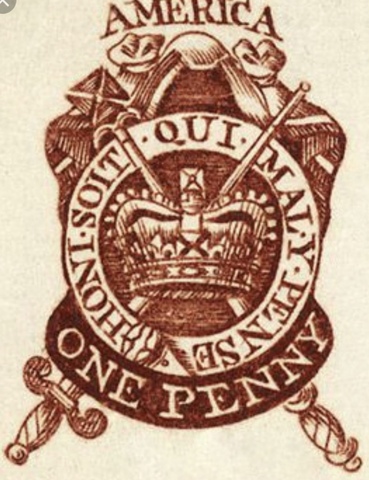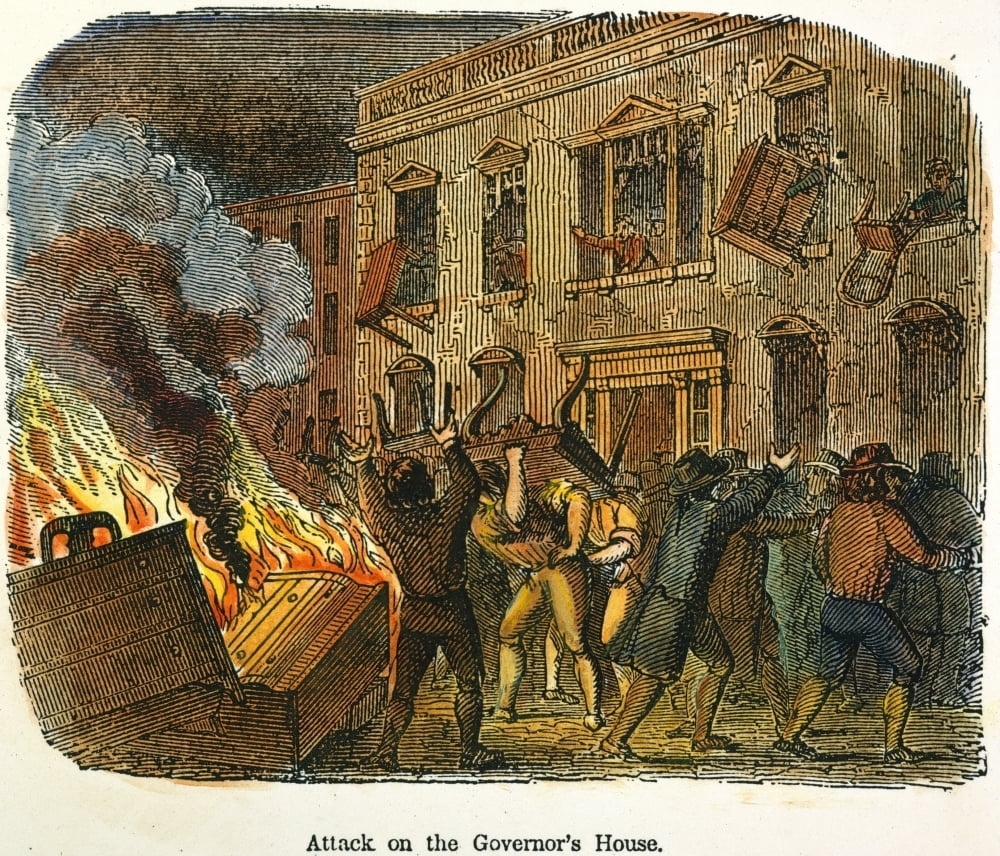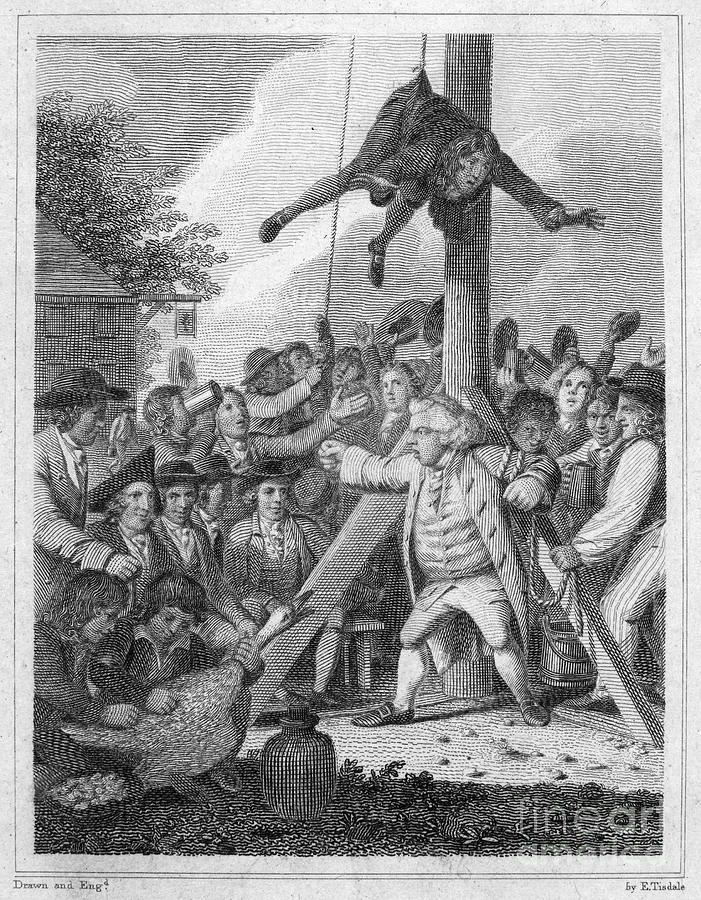


The Stamp Act Congress passed a declaration deeming the Stamp Act a violation of their rights as citizens. The names of these Stamp Act Congress delegates are as follows: All in all, twenty-seven delegates from nine colonies attended this early example of united intercolonial resistance.” Delaware and New Jersey met the same obstruction from their governors, but their assemblymen defied the governor by meeting informally and selecting delegates anyway. The congress, which met in New York City on October 7, consisted of delegates from each of the colonial assemblies – with the exception of those of Virginia, North Carolina, and Georgia, whose governors prevented the assembles from meeting, and of New Hampshire, which declined to attend. “The major effort of official protest was the Stamp Act Congress, called in June by the Massachusetts House at the behest of James Otis and the Boston Town Meeting. Many of the colonies protested the Stamp Act by forming a Stamp Act Congress, according to the book Conceived in Liberty: They understood the significance of the Stamp Act and knew that it had the potential to lead to even more abuse of power by the British government in the future. As one Philadelphia merchant said succinctly, ‘The point in dispute is a very important one, if the Americans are to be taxed by a Parliament where they are not nor can be represented, they are no longer Englishmen but slaves.’”Īlthough the price of the stamps was actually very little, the colonists worried that if they allowed this law to happen, there would be plenty more to follow. The provinces could not send delegates to Parliament, so that body should not tax them to raise revenue. As they understood the British constitution, the people must consent to taxes through their representatives. Because Parliament, not their own provincial assemblies, passed the act, Americans considered it a violation of their rights as British subjects. Everyone who engaged in public business, whether to buy a newspaper or sell property, would have to pay the tax.

“Colonists of all walks of life found the Stamp Act offensive. Since they had no legal representation in Parliament at the time the act was passed, the colonists argued that the act violated their rights as English citizens by taxing them without their consent, according to the book American Passages: A History of the United States: Many felt it was a blatant attempt to make money off the colony. The colonist’s reaction to the Stamp Act was one of anger and outrage. Image of a One Penny Stamp used in the Stamp Act of 1765


 0 kommentar(er)
0 kommentar(er)
